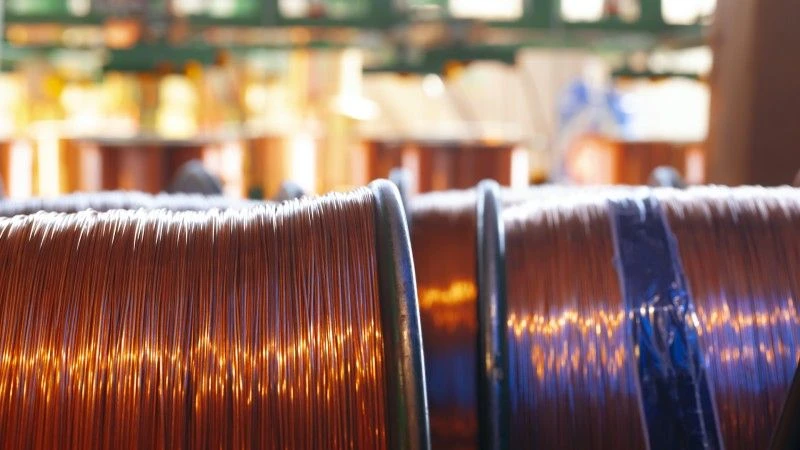Selecting the right welding electrodes and wires is crucial for achieving high-quality welds across various welding processes and materials. Welding electrodes and wires come in different types, each tailored to specific applications, base metals, and welding methods. This article explores the factors to consider when choosing welding materials, discusses the types of electrodes and wires available, and provides insights into matching them with welding requirements for optimal results.
Factors to Consider When Choosing Welding Materials
- Base Metal Compatibility: Different electrodes and wires are designed for specific base metals such as carbon steel, stainless steel, aluminum, and others. Understanding the compatibility ensures proper fusion and joint integrity.
- Welding Process: Whether it’s Shielded Metal Arc Welding (SMAW), Gas Metal Arc Welding (GMAW), Flux-Cored Arc Welding (FCAW), or others, each welding process has unique requirements for electrode or wire types.
- Mechanical Properties: Consider the mechanical properties required for the welded joint, including tensile strength, impact resistance, and elongation. Electrodes and wires with suitable alloy compositions and flux types influence these properties.
- Thickness of Base Metal: The thickness of the base metal affects the choice of welding material. Thicker materials may require electrodes or wires with higher deposition rates and greater penetration capabilities.
- Welding Position: Electrodes and wires are categorized based on their suitability for different welding positions (flat, horizontal, vertical, overhead). This factor influences the ease of operation and weld quality.
Types of Welding Electrodes and Wires
- Shielded Metal Arc Welding (SMAW) Electrodes:
- Low Hydrogen Electrodes: Ideal for welding high-strength steels and critical applications where low hydrogen levels are essential to prevent hydrogen-induced cracking.
- Cellulose Electrodes: Provide deep penetration and are suitable for welding thick materials in vertical or overhead positions.
- Basic Electrodes: Offer good mechanical properties and are used for welding carbon and low-alloy steels in all positions.
- Gas Metal Arc Welding (GMAW) Wires:
- Solid Wires: Commonly used with a shielding gas and suitable for welding thin to thick materials in all positions.
- Flux-Cored Wires: Provide higher deposition rates and deeper penetration compared to solid wires, making them suitable for thicker materials and outdoor welding where wind may affect shielding gas.
- Flux-Cored Arc Welding (FCAW) Wires:
- Gas-Shielded Flux-Cored Wires: Provide excellent penetration and are versatile for welding thick materials in all positions.
- Self-Shielded Flux-Cored Wires: Do not require external shielding gas, making them convenient for outdoor and field welding applications.
- Gas Tungsten Arc Welding (GTAW) Electrodes:
- Pure Tungsten Electrodes: Used for welding aluminum and magnesium alloys due to their high current carrying capacity and stability.
- Thoriated, Ceriated, or Lanthanated Tungsten Electrodes: Alloyed tungsten electrodes that improve arc stability and performance for various metals.
Matching Welding Materials to Requirements
- Electrode or Wire Diameter: Choose the appropriate diameter to match the required weld bead size and current range.
- Flux Type: Consider the flux composition for electrodes or the gas type for wires to ensure proper shielding and minimize post-weld cleaning.
- Operational Characteristics: Evaluate ease of use, arc stability, and slag removal properties, which impact overall welding efficiency and weld quality.
Zaključek
Choosing the best welding electrodes and wires involves understanding the specific requirements of the welding application, base material, and desired weld characteristics. By selecting electrodes and wires based on material compatibility, mechanical properties, welding process, and operational factors, welders can achieve strong, durable welds that meet performance standards across various industries. Whether welding structural steel, pipelines, or intricate components, the right welding materials contribute significantly to welding success and overall project quality.

